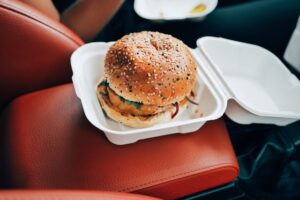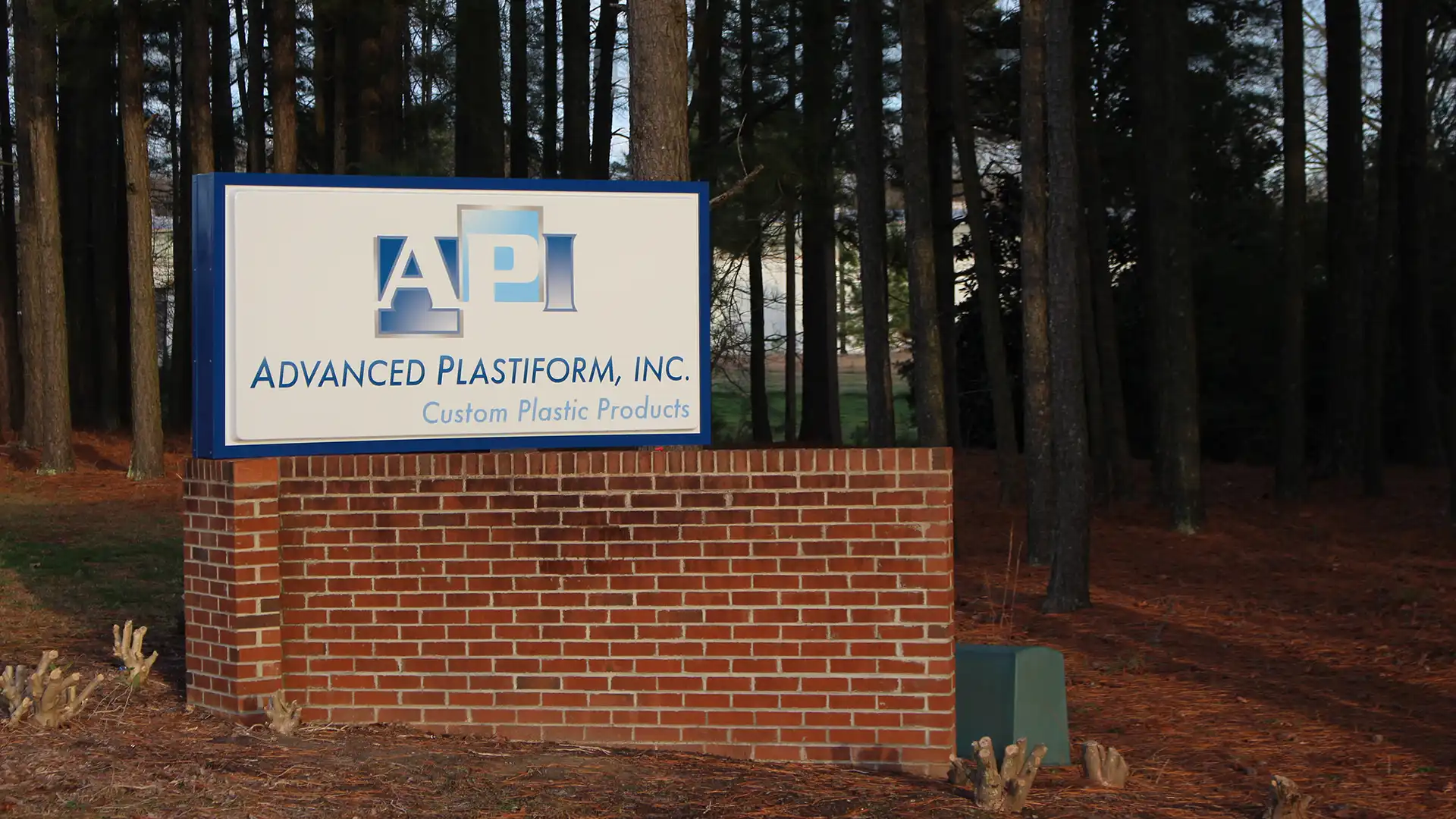Advanced Plastiform, Inc. is a plastic thermoforming company that manufactures parts and components for the…
While there is a significant increase in pushback related to using single-use plastics due to their environmental impact, there are circumstances when eliminating them can do more harm than good. Our thermoforming company in North Carolina wanted to look more closely at the downsides of eliminating plastic food packaging and what can be done instead to improve sustainability.
3 Downsides of Eliminating Plastic Food Packaging

Before we look at measures that can improve sustainability, let's look at the three main problems that are caused by eliminating plastic food packaging.
Costs Would Go Up
Most food in grocery stores or that is sent to restaurants is packaged in plastic because it's an inexpensive option that also protects foods from damage and slows down the aging process of fresh food. Switching to paper or other materials will not only cost more to make, but there will also be more loss due to product rot and damage during transport and while on the shelf. To make up for these losses, costs will go up significantly.
Fewer People Would Access Fresh Produce
Produce is a living plant, so even on the grocery shelves, fruits and vegetables are still undergoing photosynthesis and breaking down. Wrapping some types of fruit and vegetables minimizes water loss and allows them to retain their nutritional value. For example, broccoli can lose up to 80 percent of the phytochemicals that contribute to its health benefits when left unwrapped, but that amount is significantly reduced when shrink-wrapped.
By slowing down the lifespan of fruits and vegetables, more people have access to them. For example, produce shipped from Mexico or southern states will still be fresh when it arrives in places like Maine or Montana.
Carbon Emissions Due to Food Waste Would Rise
Even with the extended lifespan of produce, food waste is still a concern. As food is wasted, it breaks down into carbon dioxide. According to the United Nations Food and Agriculture Organization, around one-third of food is wasted. This means that the amount of carbon emissions caused by food waste is around 87 percent of road transport emissions. By reducing spoilage, we're reducing food waste.
Making Plastic Food Packaging More Sustainable
Now that we understand why eliminating plastic food packaging, let's consider some options to make food packaging safer for the environment.
Choose Thermoplastics That Can Be Recycled
Materials like polystyrene are difficult to recycle and release dangerous chemicals when they break down, so using them in single-use food packaging may not be ideal when you're considering making a more sustainable choice. Instead, consider these materials that can often be recycled much more easily and affordably:
- Polyethylene Terephthalate (PET) which is often used in water bottles and soda bottles.
- High-Density Polyethylene (HDPE) is generally used to make milk jugs and similar containers.
- Low-Density Polyethylene (LDPE) is a thin, lightweight material that's often used to make the plastic wrap, grocery bags, or bread bags.
All of these materials can be used to make plastic food packaging that is durable and effective at protecting items while reducing plastic waste in landfills and waterways.
Design Food Packaging Efficiently
Designing food packaging more efficiently in order to use fewer materials will also reduce the amount of plastic waste. For example, clamshell cases designed to tightly fit around the item will protect it while minimizing the amount of excess plastic compared to a foam box. A plastics manufacturing company can work with you to design a more efficient solution to meet your goals.
Get a Free Quote for Thermoforming and Injection Molding Plastics
If you are in need of custom food packaging or other plastic products, parts, or components, reach out to Advanced Plastiform, Inc. We offer both thermoforming and injection molding to clients in the Southeast and Mid-Atlantic states, including North Carolina, South Carolina, Pennsylvania, Maryland, Tennessee, Georgia, and Virginia. To learn more about our services or get a free quote, reach out to us today.

